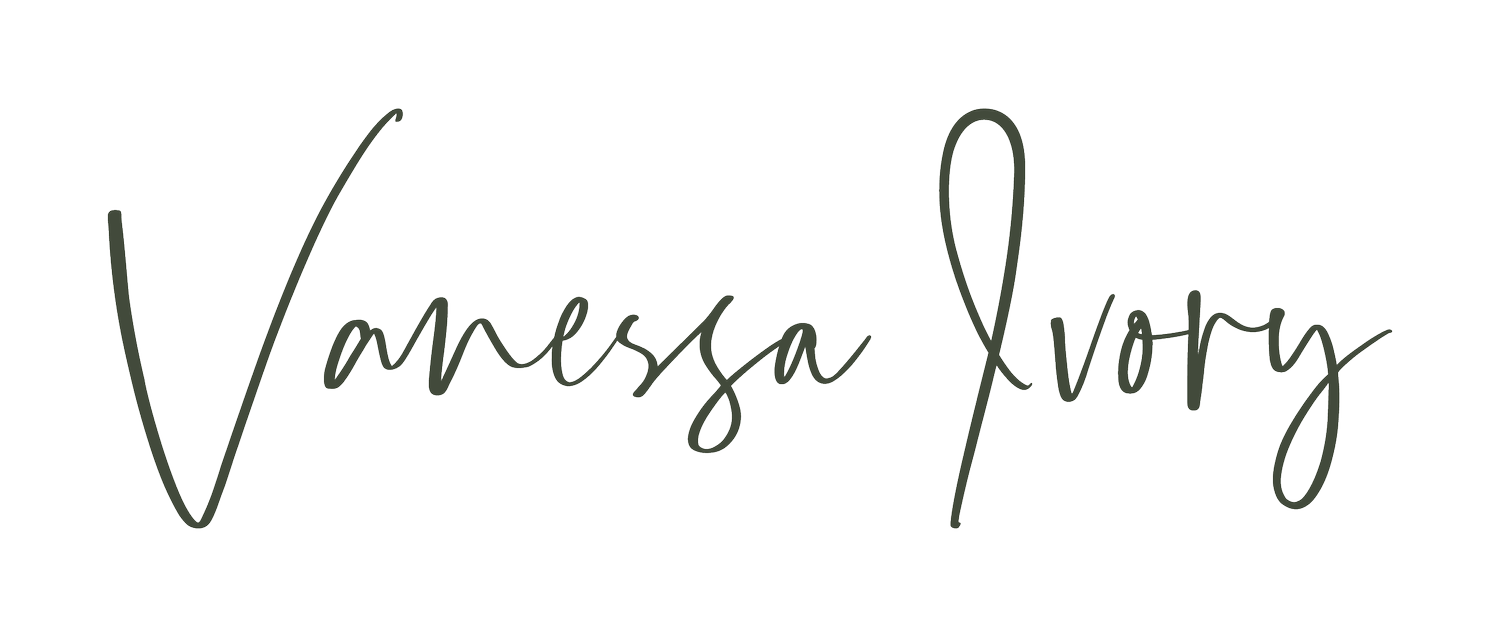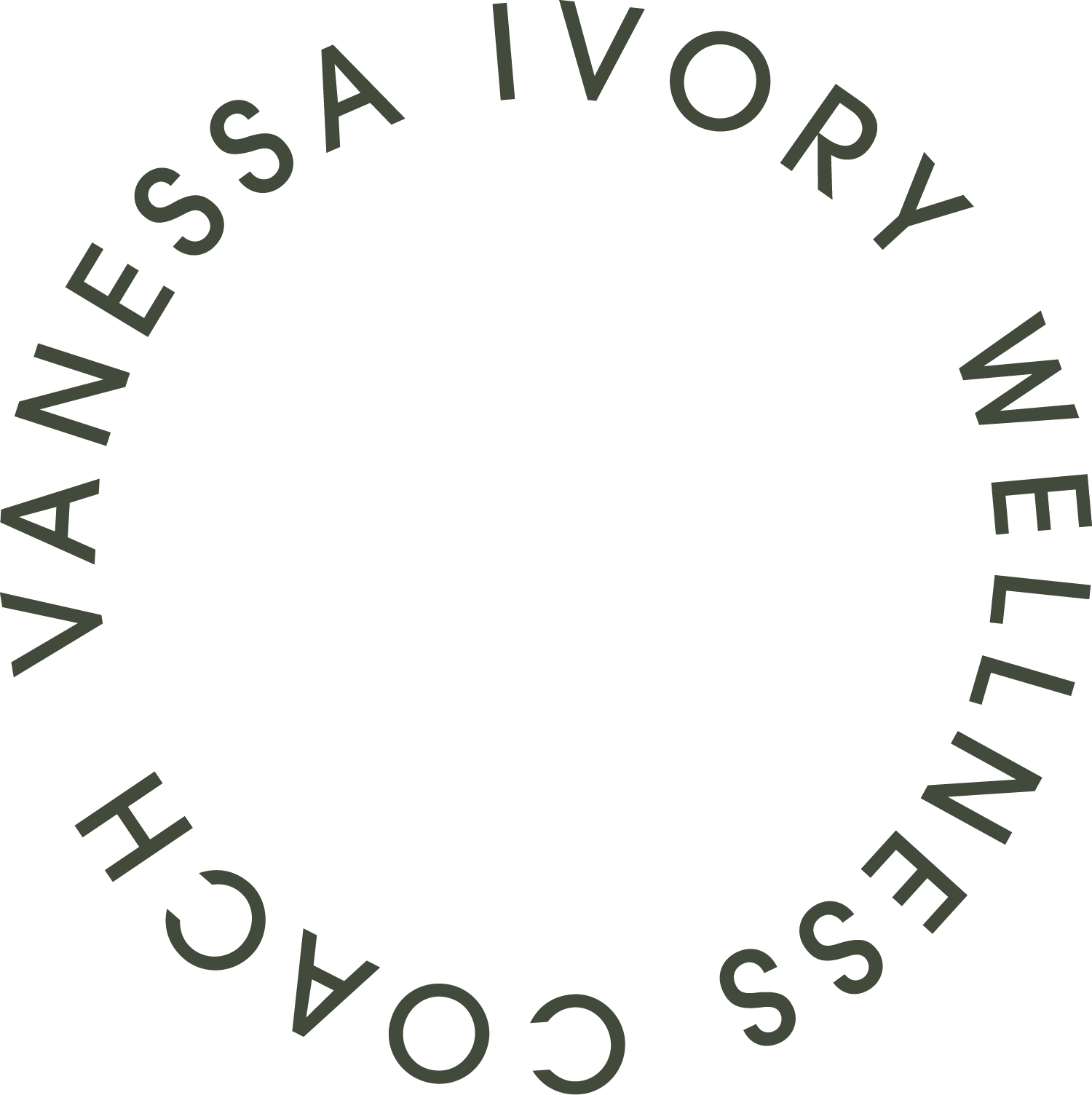How to recover from burnout.
Positive or negative, stress is insidious. You can add more and more until you can't.
When you can't, it's time to look at your overall lifestyle and behaviours.
While it's not the answer you're likely looking for, it's time to make some changes if you don't want to remain where you are.
“In the past, I viewed stress as a good friend. I harnessed it to get things done”.
I wore the achievements it gave me as a badge. I drank a lot of coffee, fasted, pushed myself in exercise sessions, binged on sugars in the afternoon, and was never in the moment. I also travelled the world, excelled in corporate roles, built a solid financial base, and thought I was thriving. In many ways, I was, but in other ways, I was the poster girl for what not to do. Does any of this sound familiar?
I flew, pushed or crawled through whatever the day had to bring, yet was mindful of increasing afternoon energy crashes that I countered with sugar and caffeine. I was constantly experimenting with nutrition and supplements to work out how to 'hack' my energy levels for the day. After all, I was too busy to stop or think about rest.
I've dedicated other articles to the more 'sciency' explanation of what stress does to the body, so I won't go over this again (at the bottom of this page, there are related links). I also want to call out this post's intent- to help you keep going (unless you can down tools, head to a monastery, and give away all your worldly possessions).
Positive or negative, stress is insidious. You can add more and more until you can't. When you can't, it's time to look at your overall lifestyle and behaviours. While it's not the answer you're likely looking for, it's time to make some changes if you don't want to remain where you are.
Below are some ways to work with low energy - either to reduce the allostatic (stress) load on that day or to boost your energy.
Remember that food can be medicine.
I’ve dedicated another post called “How to eat when you’re feeling burnt out” - you’ll find it in the Help Yourself section on stress.
Don't fast on a day when you're under a lot of pressure or fatigued.
Trust me when I tell you that it won't support weight loss and, in fact, may contribute to weight gain and low energy.
Fasting in a stressed state will add more stress hormones to the mix - physiologically, the last thing you want to do.
Lay off the caffeine.
Caffeine is a central nervous system (e.g. brain) stimulant. In my opinion, I see caffeine as a tool to be used wisely and at appropriate times of the day.
Personally, I love the taste of coffee, and I also enjoy the ritual that goes along with it. I will sometimes drink decaf. Same taste, same experience, no crash.
Choose your exercise wisely.
High-intensity exercise has many benefits, and I encourage clients to add some of this into their weekly schedule. However, in times of high stress or when experiencing fatigue, rather than being a stressor with positive results, it becomes negative from a health perspective.
When exhausted, anxious or stressed, intense exercise may release more stress hormones.
Save the long run or HIT class for another day. Choose lower-intensity exercise such as walking (great for settling the mind), yin yoga, cycling, swimming, or stretching. Weights may still be ok if you lift for a shorter period and are not lifting heavy and to failure.
If you can get outside, even better.
Assess how you are recovering from exercise sessions
It's easy to become hooked on the endorphins from higher-intensity exercise and constantly chase them.
You may be overtraining if you are constantly experiencing aches and pains, injuries, getting sick, or just feeling 'off'.
Are you getting 'social time'?
It's easy to convince ourselves that if we just prioritise work for a week or two, we will 'catch up' with friends and loved ones once we are done.
Humans are hard-wired for quality connection, which is a great way to unwind and switch off. Make sure this time isn't removed altogether.
Prioritise your Sleep.
Sleep is vital for optimal health. It is healing, and the time our body runs a series of complex processes designed to rebuild and repair. While you might think you can bank sleep, it doesn't work that way. Research has repeatedly shown even one night of poor or insufficient sleep impairs judgement, focus, decision-making, and your overall ability to cope.
When you're short on sleep, your brain will also drive you to eat sugary or processed (aka 'pretty crappy, calorie-dense, nutrient-poor) foods. Enough said here. Eating this way is only going to impact your mood and motivation.
I've written an ebook, "how to get to sleep and stay asleep", with extensive advice. You can download it here.
Nap if you need it
The key is to set the alarm on your phone or another device and to keep it under 20 minutes. Any longer means you risk falling into a deeper sleep that will leave you feeling groggy and will likely make it harder to fall asleep that night.
Consider some form of mindfulness.
Let me be clear - I am not suggesting you sit cross-legged in the lotus position and chant (unless you want to).
There are so many techniques that you can employ that are quick, soothe the central nervous, and improve your ability to manage stress. I'm talking about tools that are between 30 seconds to several minutes and that can be used almost anywhere.
“Start slowly, and see where you can incorporate them”.
Look ahead in your diary - where can you find micro-gaps?
Look ahead in your diary - is there anywhere you can take a break, sleep in, slow down, or go for a walk around the block?
Confession time. There have been occasions involving a bathroom cubicle, my phone, and a set of headphones to use Headspace (one of my all-time favourite mindfulness apps) for a quick reset.
If you're a leader - can you encourage your team and others around you to end meetings 5 minutes early? If it's a 30-minute meeting - can it be done in 25? A few minutes between allows a reset before the next, or perhaps just a quick drink and a look out the window.
Is there anything you can delay till later?
I know you'll likely be reading this silently, saying to yourself that there's nothing. Is this really true, or are you just so overwhelmed that you can't see the woods for the trees?
What are the things that absolutely must be done today? What can you outsource, or even better, just let go of completely?
Lastly, it might be time to hire a Wellness Coach.
While I have often thrived in a high-pressure corporate setting (as a Programme Manager), my capacity to problem-solve around my health and energy levels went out the window. I'd repeatedly convince myself that come the following weekend, I would take charge of my health, only to arrive exhausted and pretty uninspired.
Yes, this is a shameless plug. However, suppose burnout and exhaustion are all too familiar to you. In that case, you might need a coach who understands behaviour change.
If you can feel the warning lights flickering, or you’re at the point where you are experiencing burnout, it’s time to take control of your health.
If you’d like some support to make lifestyle changes, perhaps it’s time for us to chat?
Brindley DN, Rolland Y. Possible connections between stress, diabetes, obesity, hypertension and altered lipoprotein metabolism that may result in atherosclerosis. Clinical Science (London, England : 1979). 1989 Nov;77(5):453-461. DOI: 10.1042/cs0770453. PMID: 2684477.
Chao, A.M., Jastreboff, A.M., White, M.A., Grilo, C.M. and Sinha, R. (2017), Stress, cortisol, and other appetite-related hormones: Prospective prediction of 6-month changes in food cravings and weight. Obesity, 25: 713-720. https://doi.org/10.1002/oby.21790
Schneiderman N, Ironson G, Siegel SD. Stress and health: psychological, behavioral, and biological determinants. Annu Rev Clin Psychol. 2005;1:607-28. doi: 10.1146/annurev.clinpsy.1.102803.144141. PMID: 17716101; PMCID: PMC2568977.


